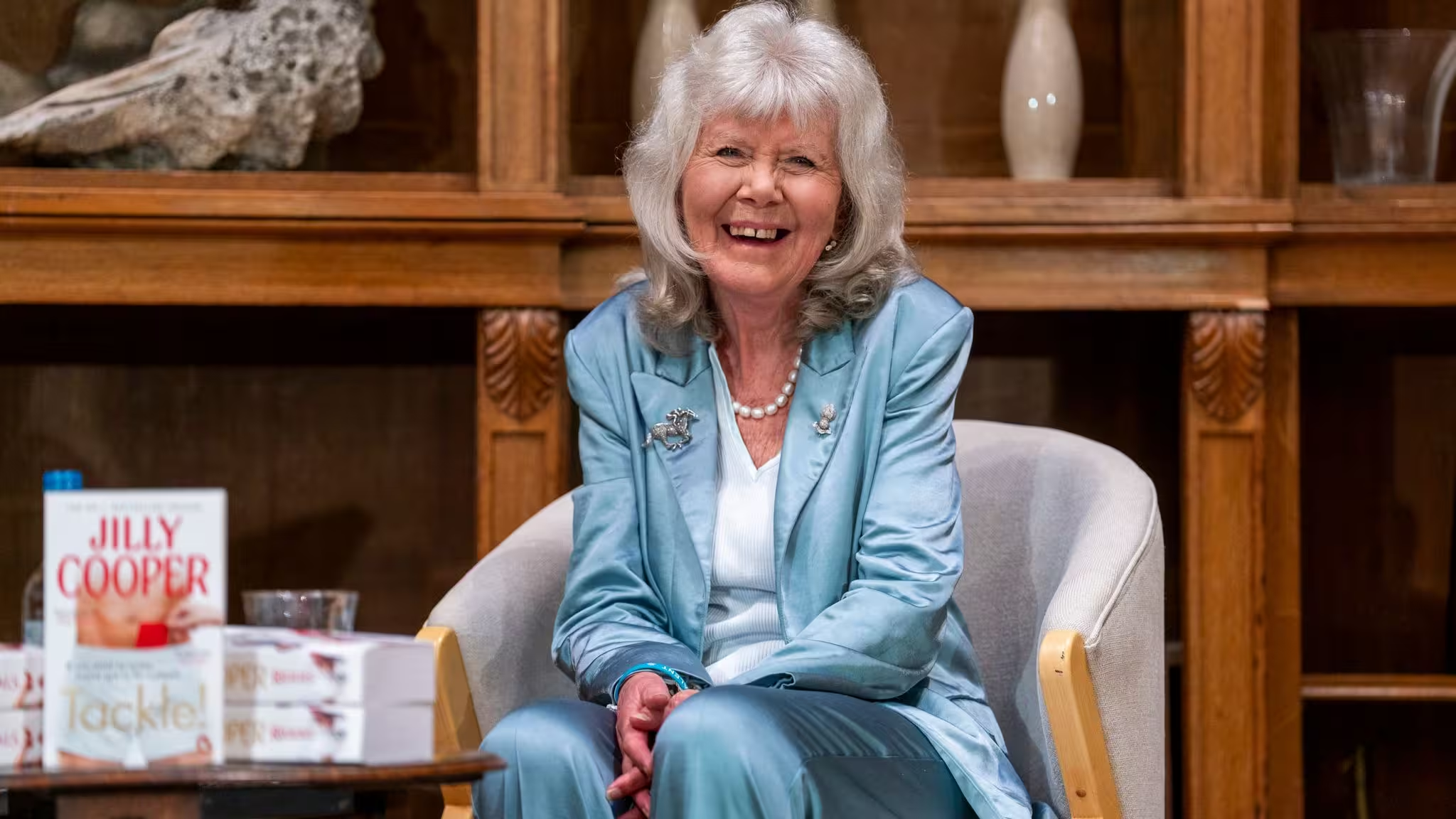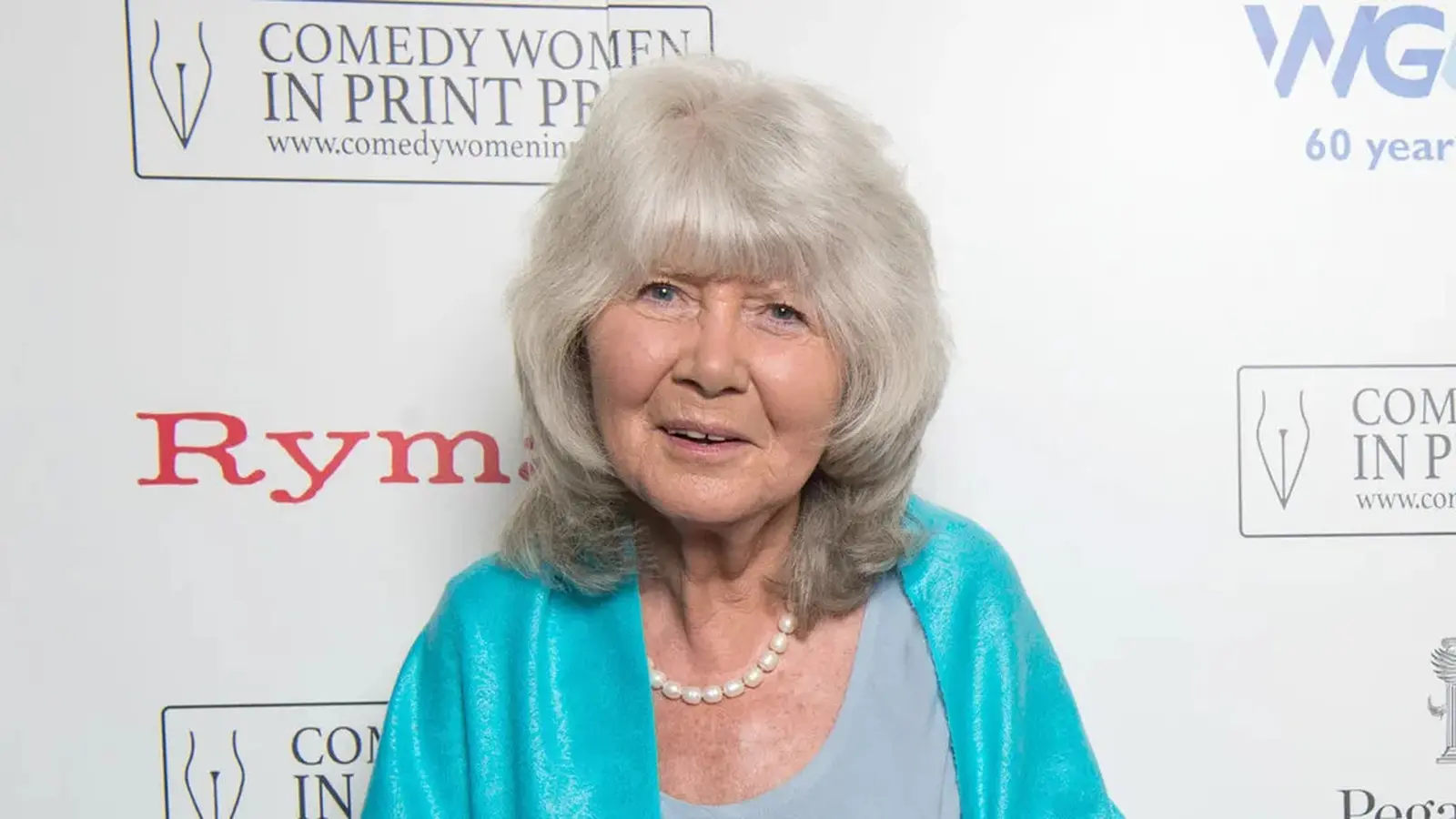5 Minutes
End of an era: Jilly Cooper, 88
British novelist Jilly Cooper, the unmistakable author behind the long-running Rutshire Chronicles, has died at the age of 88 following a fall, her agent confirmed. Cooper's novels — riotous, romantic and fiercely observant — defined a corner of late 20th-century British popular fiction and, in recent years, crossed over into television with a high-profile Disney+ adaptation of her 1980s-set novel Rivals.
Cooper's family described her as 'the shining light in all of our lives', and their statement captured what readers and audiences worldwide felt for decades: a warm, mischievous storyteller who loved family, vivid characters and the complicated social games of Britain’s upper classes.
From bonkbusters to streaming drama
Cooper became a household name with the Rutshire Chronicles, a sequence of novels anchored by the dashing and scandal-prone Rupert Campbell-Black. Labelled a 'bonkbuster' — a cheeky shorthand for the racy, plot-heavy novels of the 70s and 80s — her books nevertheless endured by combining soap-operatic momentum with sharp social observation. Felicity Blunt, Cooper's longtime agent, noted that beneath the froth there was acuity: themes of class, rivalry, marriage, grief and fertility recur with emotional intelligence.
That blend made Rivals a natural candidate for television. The Disney+ series, which Cooper served as an executive producer on, brought a starry cast to the screen including David Tennant, Alex Hassell, Bella Maclean, Emily Atack, Danny Dyer, Katherine Parkinson and Nafessa Williams. The show places Rupert and his rival Tony Baddingham into a vividly rendered 1980s Rutshire set in the Cotswolds — a world of show-jumping, old money and headline-grabbing scandal.

Why Rivals matters for TV adaptations
The adaptation of Rivals slots into a wider industry trend: streaming platforms mining classic popular fiction for serialized drama that combines glamour with culturally resonant themes. In the way Bridgerton revived period romance for Netflix and Downton Abbey reimagined aristocratic drama for modern audiences, Rivals recasts Cooper's brazen, adult-toned stories as prestige television with a wink. Cooper's on-set involvement, her edits to dialogue and story suggestions, were reported to have enriched scripts and delighted cast and crew.
Cinema historian Marko Jensen commented, 'Cooper's work bridges populist pleasure and literary insight. Seeing her characters translated to screen confirms how adaptable these stories are for viewers hungry for both escapism and emotional detail.'
Legacy and cultural impact
Cooper's career spanned more than five decades, and she leaves behind not just bestselling novels but a cultural vocabulary. Rupert Campbell-Black is as recognizable in Britain as any modern fictional rogue, and Cooper's influence can be traced through later writers and TV makers who balance sex, satire and sentiment. Her novels also invite comparison with earlier social chroniclers: while not Austen in form, critics often note how her social dissections share a similar interest in manners, status and hypocrisy, albeit with much more explicit content and humor.
Behind the scenes trivia: Cooper was notorious for mining her own life for material, and many readers delighted in matching fictional scandals to real gossip. Fans of show-jumping and equestrian culture also appreciated how accurately Cooper captured the rhythms of that world, a detail that helped the TV adaptation feel lived-in.
Critical voices have sometimes bristled at the 'bonkbuster' label, arguing it reduces complex social comedy to titillation. Yet even detractors usually acknowledge Cooper's ear for dialogue and her capacity for extended, interlocking plots that keep thousands of readers turning pages.
A public service of thanksgiving will be held in the coming months at Southwark Cathedral in London. In the meantime Cooper's books and the new screen adaptations ensure her laugh, her sting and her characters will remain part of cultural conversation for years to come.
Concluding note: Jilly Cooper wrote, as she put it, to 'add to the sum of human happiness.' For readers and viewers who loved her blend of romance, satire and spectacle, that mission was gloriously fulfilled and now stands as her enduring legacy.
Source: hollywoodreporter


Leave a Comment